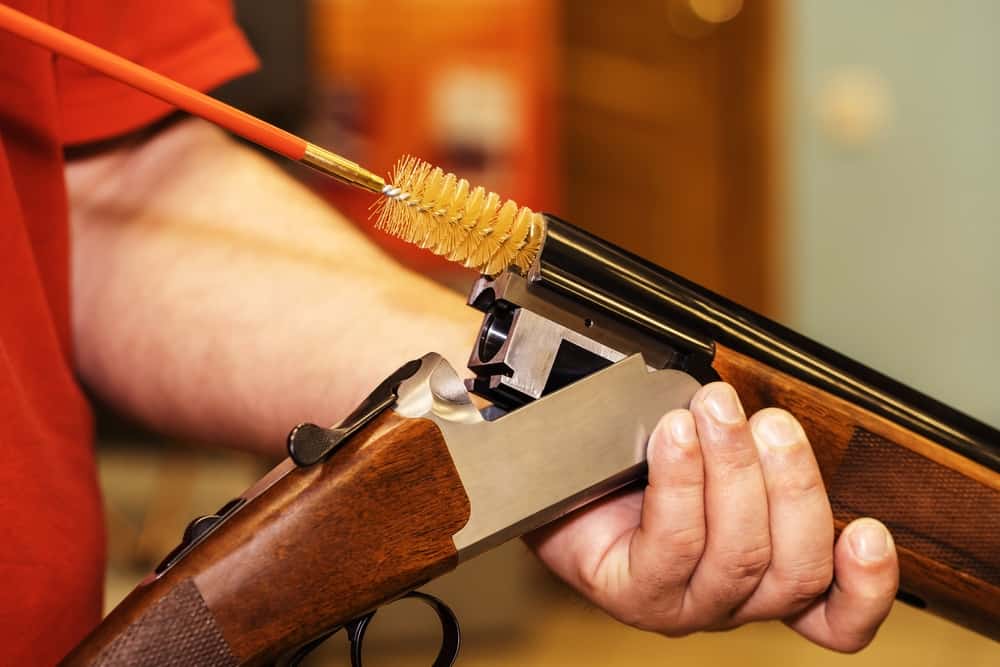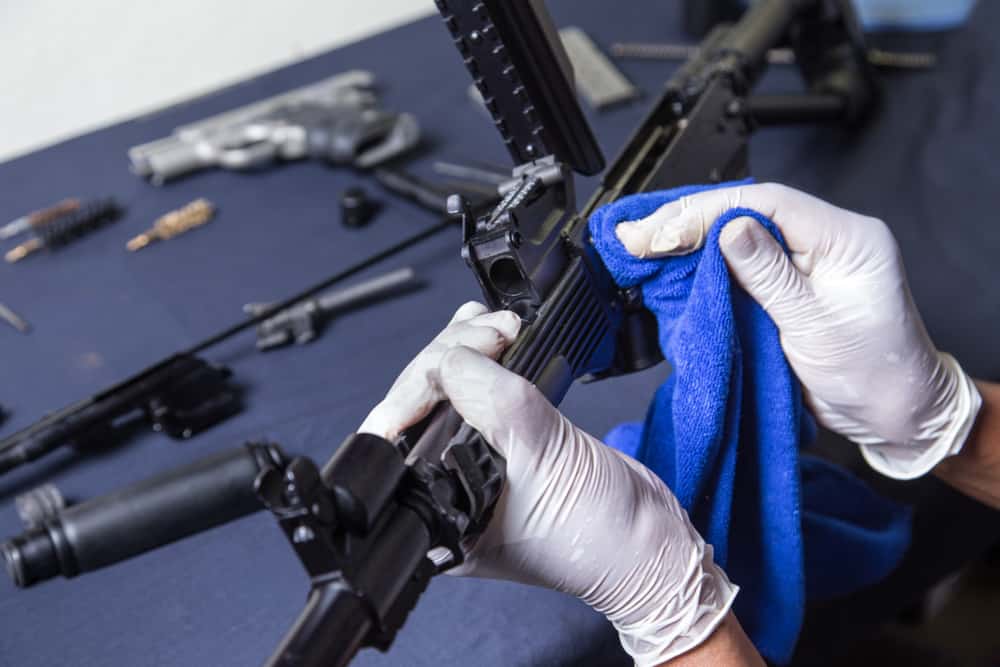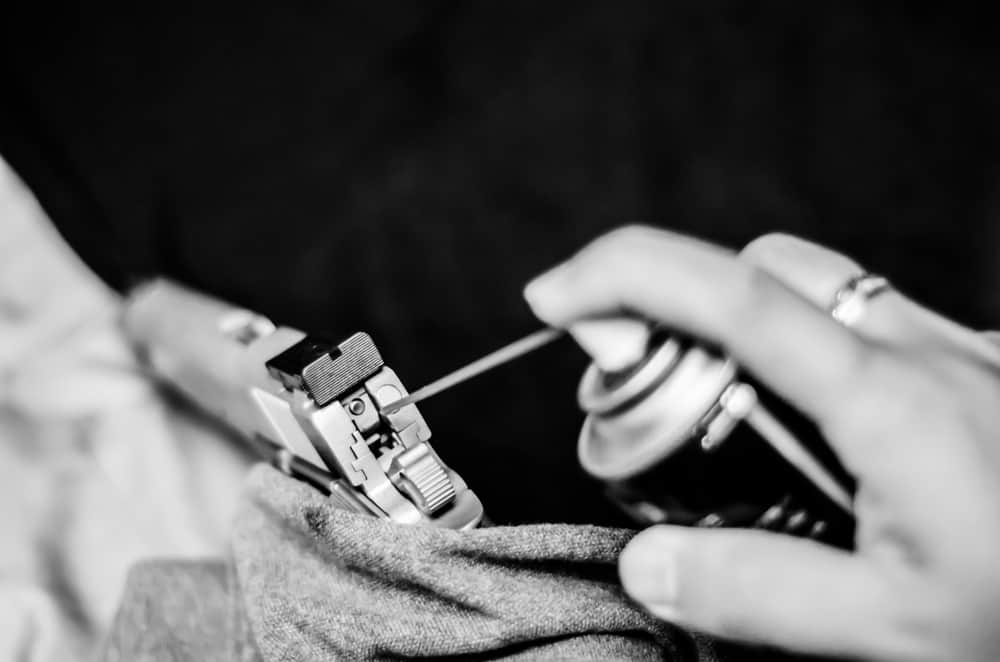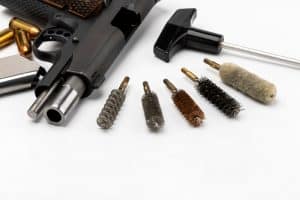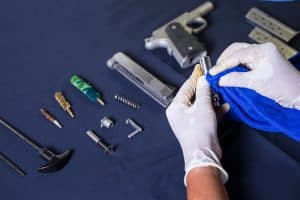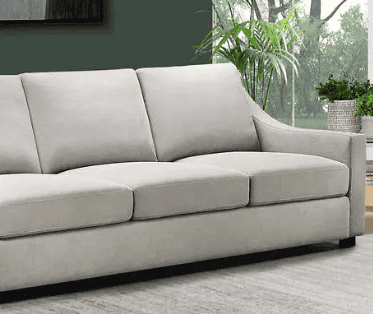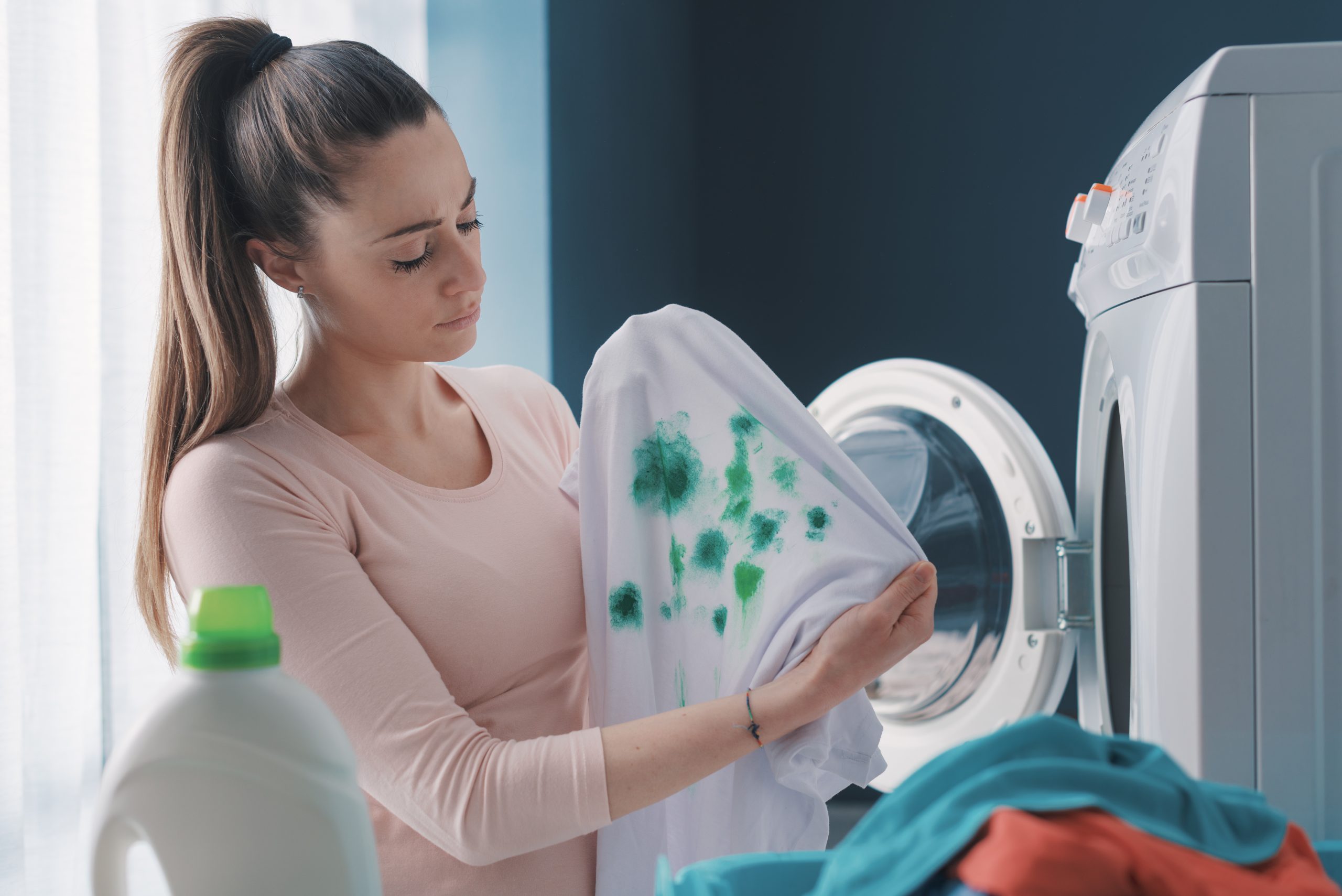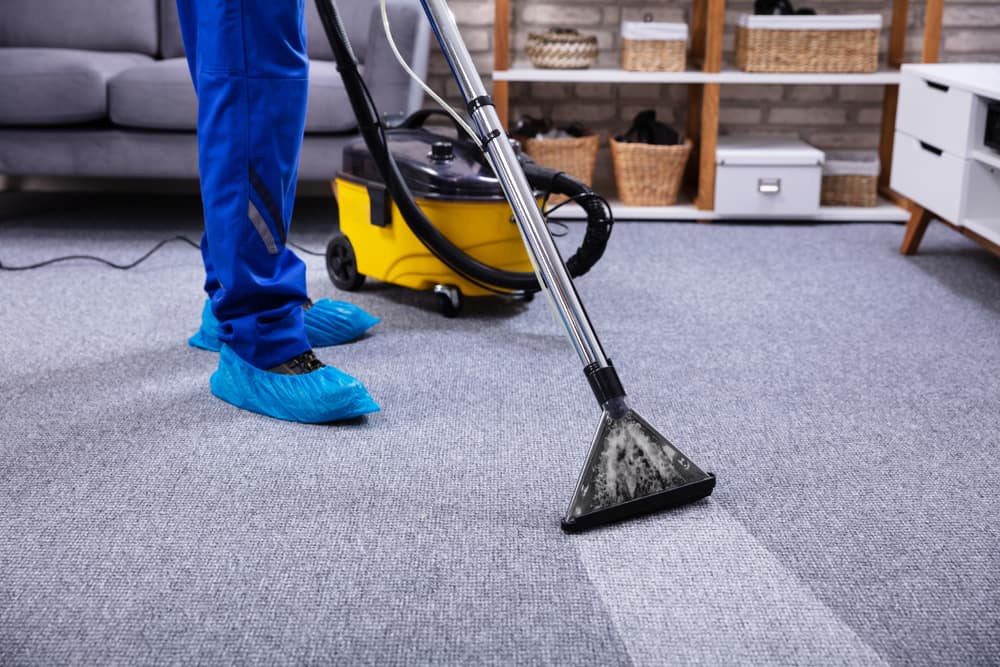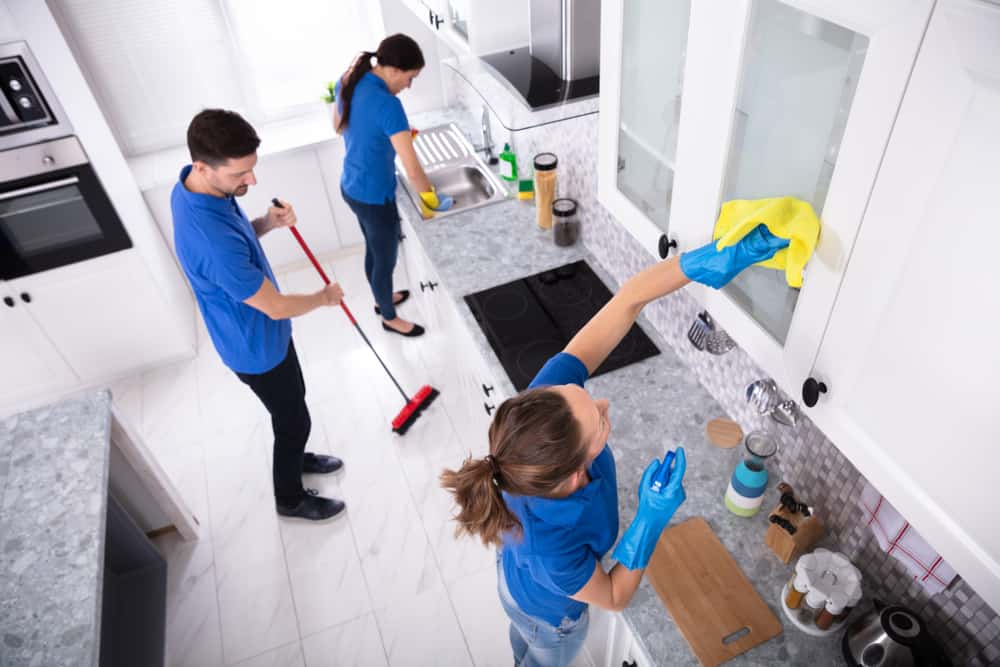Your firearm needs proper maintenance to ensure it’s functioning smoothly — and, more importantly, safely.
Therefore you should be cleaning your gun regularly.
However, before you jump into scrubbing down your gun collection…
You must keep one thing in mind.
The first step to correct firearm cleaning requires investing in the right pieces of equipment.
Page Contents:
What Equipment is Recommended When Cleaning a Firearm?
Different firearms will need different types of cleaning, but there are some pieces of equipment that are universal to the gun cleaning process. You can purchase equipment in a pre-assembled kit, or make one yourself.
Just remember not to forget the essentials so you can care for your firearms properly.
Here are 6 fundamental pieces of equipment that will help clean your gun properly:
- Cleaning Rod — Your cleaning rod should be made of a material that’s softer than that of your firearm’s barrel. You don’t want to scratch your firearm, so consider choosing a carbon fiber cleaning rod. You’ll use this piece of equipment to clean the inside of your firearm’s barrel.
- Bore Snake — Remove any build-up in your firearm with a bore snake. This equipment is easy to use and is recommended after every time you’ve gone out shooting. Bore snakes should be an essential part of your tool kit because you don’t need to disassemble your firearm to use them.
(Instead, they can be used quickly out in the field).
- Jag — Jags can come in two different styles, pierce or wrap, and are responsible for holding the cleaning patch. They’re meant to be slightly less wider than the barrel of your firearm, so you’ll need to purchase different kinds if you plan on taking care of multiple firearms.
- Cleaning Solvent — Begin with a cleaning solvent to remove residue from the barrel of your firearm. It’s one of two very necessary liquids that are a part of firearm cleaning.
- Gun Oil — Coming after cleaning solvents, gun oil helps prevent the onset of rust and works as a lubricant for your firearm. It’s possible to use an all-in-one that works as a solvent and an oil, or use them separately.
- Gun Vise — Though they’re mostly used for rifles, gun vises are a helpful addition to any cleaning kit. They keep your gun secure while you clean it, preventing any accidental damage from occurring.
How Often Should a Gun be Cleaned?
A gun should be cleaned regularly, but the frequency depends on how often it’s actually fired. Always clean your firearm after use, but thorough cleanings that require you to field strip the weapon are not needed as often.
If your firearm is meant for home defense and you aren’t consistently using it, visually inspect it for cleaning every 1 or 2 months. It won’t build up debris as quickly as a gun used often, but that doesn’t mean its health and durability won’t be impacted.
On the other hand…
If you’re taking your firearm to the range and firing it more frequently, you’ll need to do a thorough cleaning at least once a month. This is on top of cleaning the firearm after every single trip to the firing range.
Always opt to clean your firearm more frequently rather than less.
Why?
Because a clean gun is much safer and more durable than a dirty one.
Should you Clean Your Gun Before Hunting?
You don’t need to clean your gun before you go hunting, so long as you’re cleaning it after every use and on a regular basis. If it’s the first day of hunting season and you’ve made the mistake of not cleaning your firearm during the off-period, then you run the risk of it not firing properly.
Clean your gun on a routine basis, and you won’t need to worry about cleaning it right before you go out hunting.
Always inspect your firearm before using it. A clean gun is a safe gun, and proper maintenance will put you at less risk of a bad accident.
Can You Use WD40 on Your Gun?
You should never use WD40 on your firearm. WD40 is primarily a solvent, and it won’t do a good job removing the built-up gunk inside your gun. It can leave a sticky residue on the firearm and does not function well as a lubricant. You’re better off using gun oil, made specifically for guns, rather than WD40.
